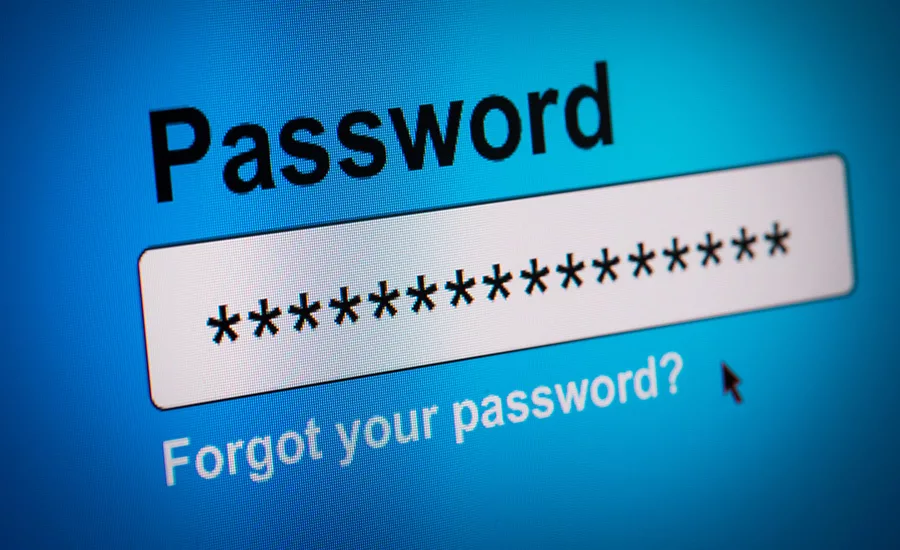How Americans Leave their Personal Info Open to Thieves

A new poll by CreditCards.com found that 92 percent of Americans have taken at least one big data security risk in the past year.
The most common error: reusing the same password online, which can increase odds of becoming a victim of identity theft. The poll found that more than eight in 10 U.S. adults (82 percent) recycle passwords, and most make this poor practice a habit. In fact, most internet users who do this use the same password at least half (61 percent) or all (22 percent) of the time, the poll said.
The poll noted that despite this and other sloppy data security behavior, Americans are very worried about ID theft. Almost half (46 percent) say realizing their identity had been stolen would be worse than discovering that burglars broke into their home (27 percent). The rest said both would be equally bad.
The survey lists four additional bad data security behaviors:
Hopping online at the coffee shop
A “free Wi-Fi” sign outside a cafe or restaurant is a big draw for Americans on the go: almost half (48 percent) of U.S. adults have used a public Wi-Fi network in the past year. That number shot up even higher among younger consumers. In fact, 67 percent of Gen Z adults (ages 18 to 22) used a public network to get online.
Saving sensitive info on a device
Almost half of Americans (45 percent) have saved their passwords on their computers or phones and more than one in three (35 percent) have saved their payment info on their devices.
Carrying a card that should be at home
One in three Americans (33 percent) have carried their Social Security card on them, a big no-no that could make you very vulnerable to ID theft if your purse or wallet gets lost or stolen. This practice varies by age, and is especially common (51 percent) with members of the Silent Generation aged 74 and older.
Tossing mail without shredding
More than one in four Americans (28 percent) have thrown out mail that contained personal information without shredding it first. Failing to properly destroy credit card statements, medical forms and other sensitive documents can put you at risk for identity theft and other kinds of fraud.
Other risky behaviors Americans engage in include getting cash from iffy ATMs and sharing their birthday on social media. The survey found that 27 percent of Americans have used an ATM not located at a financial institution and 20 percent have shared their actual date of birth on Facebook or another social media platform.
Looking for a reprint of this article?
From high-res PDFs to custom plaques, order your copy today!






